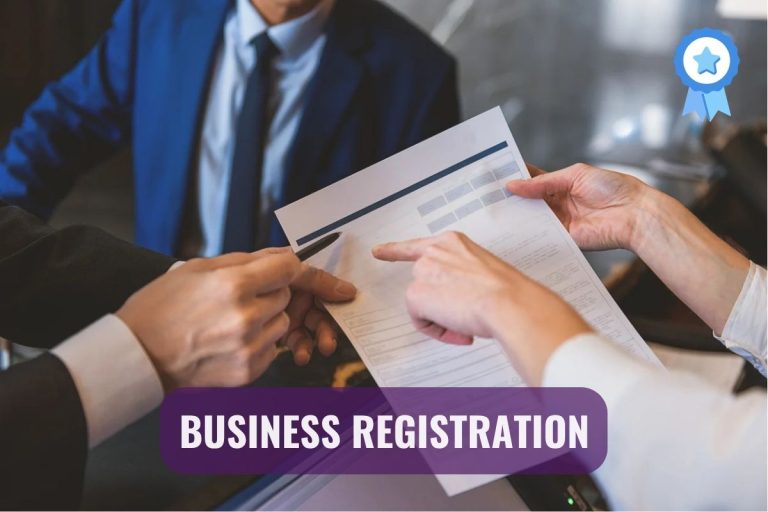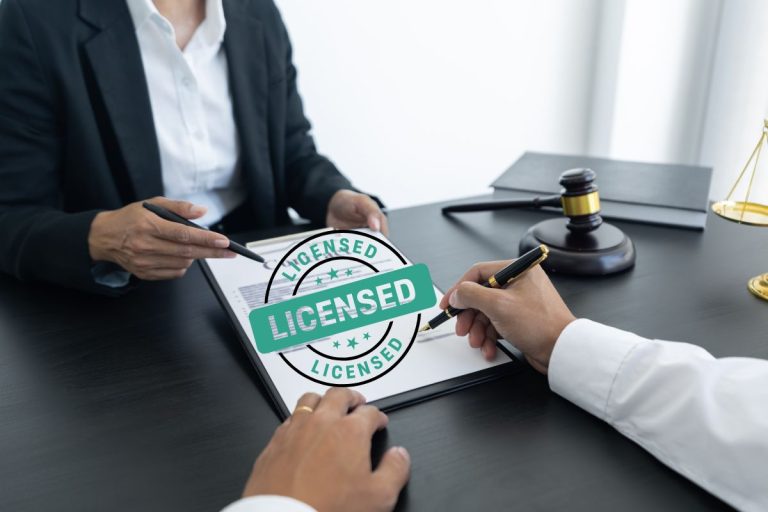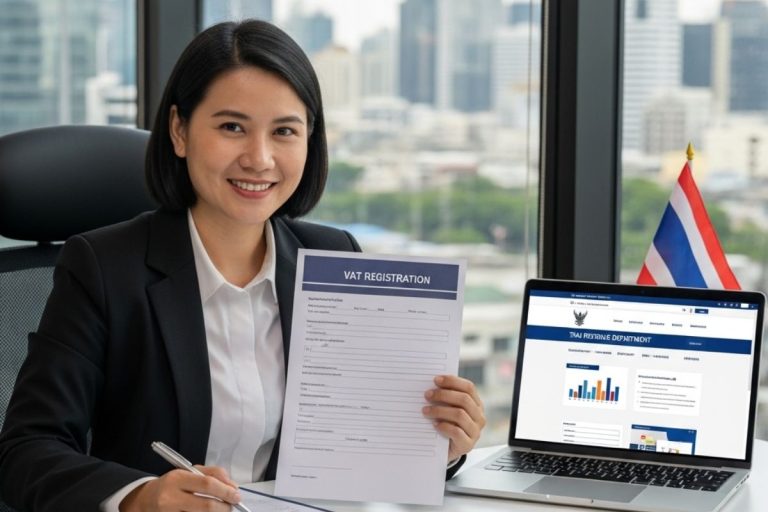Understanding BOI (Board of Investment) Privileges for Foreign Investors
What Is the Thailand BOI?
The Thailand Board of Investment (BOI) is a government agency under the Prime Minister’s Office. Its primary role is to promote foreign and local investment in Thailand by offering a wide range of incentives. It’s crucial to understand that all current privileges are guided by the 5-Year Investment Promotion Strategy (2023-2027). This strategy aims to build a ‘New Economy’ by focusing on innovation, enhancing competitiveness, and promoting sustainability.
Priority Sectors for BOI Promotion
The BOI prioritizes promotes investment by granting incentives to qualified businesses, especially in targeted sectors like:
- Technology and Innovation: Including digital technology, data centers, AI, robotics, and biotechnology.
- Clean Energy and Sustainability: Renewable energy, energy efficiency, and eco-friendly manufacturing.
- Tourism and Hospitality: High-value tourism, such as medical tourism and eco-tourism.
- Healthcare and Medical Industries: Medical device production, pharmaceuticals, and healthcare services.
- Agro-Industry and Food Processing: Advanced agriculture, food technology, and bio-based products.
- Advanced Manufacturing: Automotive, aerospace, and electronics.
- Creative Industries: Film production, design, and digital content creation.
These sectors are periodically updated to reflect Thailand’s economic priorities, with a strong emphasis on the Eastern Economic Corridor (EEC), a special economic zone covering Chonburi, Chad Buri, and Rayong provinces.
BOI Benefits for Foreign Investors
The BOI offers a suite of tax and non-tax incentives tailored to make Thailand an attractive destination for foreign investment. Incentives are categorized into Group A (high-priority activities receiving tax and non-tax benefits) and Group B (receiving non-tax benefits only). The key privileges include:
Corporate Income Tax (CIT) Exemption
BOI-promoted businesses in Group A can enjoy corporate income tax exemptions for up to 13 years, depending on the business category and its technological importance. Some sectors also receive a 50% tax reduction for an additional 5 years after the initial exemption period ends.
Import Duty Exemptions
Approved projects can receive import duty exemptions on machinery and raw materials, which significantly lowers the upfront costs for setting up manufacturing or tech operations.
100% Foreign Ownership
Permission for 100% foreign ownership in promoted activities, bypassing restrictions under the Foreign Business Act of 1999, which typically limits foreign ownership to 49% in many sectors.
Work Permits and Visa Fast-Tracking
A streamlined process for obtaining work permits and non-immigrant visas (e.g., Non-B and Non-OA visas) for foreign experts, technicians, and their families.
Land Ownership Rights
Normally, foreign entities are not allowed to own land in Thailand. However, BOI-promoted companies may be granted permission to own land for industrial estates, offices, or residences, an exception to the general restrictions under Thai law.
Additional Incentives:
Beyond the core benefits, the BOI offers targeted programs to attract strategic projects:
- Deductions for utility costs (electricity, water, etc.) in certain promoted zones.
- Financial support for training programs or research and development activities.
- Special incentives for projects in designated areas, such as the EEC or border provinces, including additional tax holidays or reduced CIT rates.
These benefits are customized based on the project’s size, sector, and contribution to Thailand’s economic goals. For instance, projects involving advanced technology or located in underdeveloped regions may qualify for enhanced incentives.
Eligibility Criteria for BOI Privileges
To qualify for BOI incentives, businesses must meet specific criteria, which vary by sector and project type. Common requirements include:
- Minimum Investment Threshold: A minimum investment capital of 1 million THB (approximately USD 30,000) for most projects, excluding land and working capital.
- Alignment with National Goals: Projects must contribute to technology transfer, innovation, environmental sustainability, or regional development (e.g., job creation in rural areas).
- Value-Added Requirement: The project must achieve at least 20% value-added (calculated as a percentage of revenue minus imported raw materials and components).
- Compliance with Regulations: Adherence to environmental, labor, and other Thai laws, including obtaining necessary licenses and permits.
- Sustainability and Innovation: Preference is given to projects incorporating green technology, energy efficiency, or advanced manufacturing processes.
Certain activities, such as those involving hazardous substances or low-skill labor, may face stricter scrutiny or be ineligible for promotion.
How to Apply for BOI Privileges
The BOI application process is structured but requires careful preparation to ensure compliance with eligibility criteria. The steps are as follows:
Project Proposal Submission:
- Prepare a detailed project proposal outlining the business plan, investment size, technology used, job creation, and economic contributions.
- Submit the application through the BOI’s online portal or at a BOI office (e.g., Bangkok or regional offices).
Evaluation and Interview:
- The BOI reviews the proposal for alignment with promoted sectors and criteria.
- Applicants may be invited for an interview or meeting with BOI officials to clarify project details or address concerns.
Approval and Promotion Certificate:
- If approved, the BOI issues a promotion certificate outlining the specific incentives granted.
- Approval timelines vary but typically take 40 – 90 working days, depending on project complexity.
Compliance and Reporting:
- Promoted companies must submit regular progress reports (e.g., annual audits, project updates) to maintain eligibility for incentives.
- Failure to comply with BOI conditions (e.g., meeting investment or job creation targets) may result in the revocation of benefits.
Tips for a Successful Application
- Engage Experts: Consult with legal or business advisors familiar with BOI processes to ensure a robust application.
- Highlight Innovation: Emphasize technological or sustainable aspects of the project to align with BOI priorities.
- Leverage BOI Resources: Utilize the BOI’s One-Stop Service Center or Investment Facilitation Division for guidance on documentation and compliance.
- Location Strategy: Consider establishing operations in promoted zones like the EEC to access enhanced incentives.
Important Considerations
- Non-Automatic Approval: BOI approval is not guaranteed. Projects are evaluated based on their economic impact, feasibility, and alignment with national priorities. Incomplete applications or those failing to meet criteria may be rejected.
- Ongoing Obligations: Promoted companies must maintain compliance with BOI conditions, such as investment timelines, job creation targets, and environmental standards. Non-compliance may lead to penalties or loss of incentives.
- Sector-Specific Requirements: Some industries (e.g., agriculture, mining) may require additional licenses from other government agencies, which the BOI can help coordinate but does not waive.
- Time-Sensitive Incentives: Tax exemptions and other benefits are tied to specific timelines (e.g., starting operations within 36 months of approval), so strategic planning is critical.







